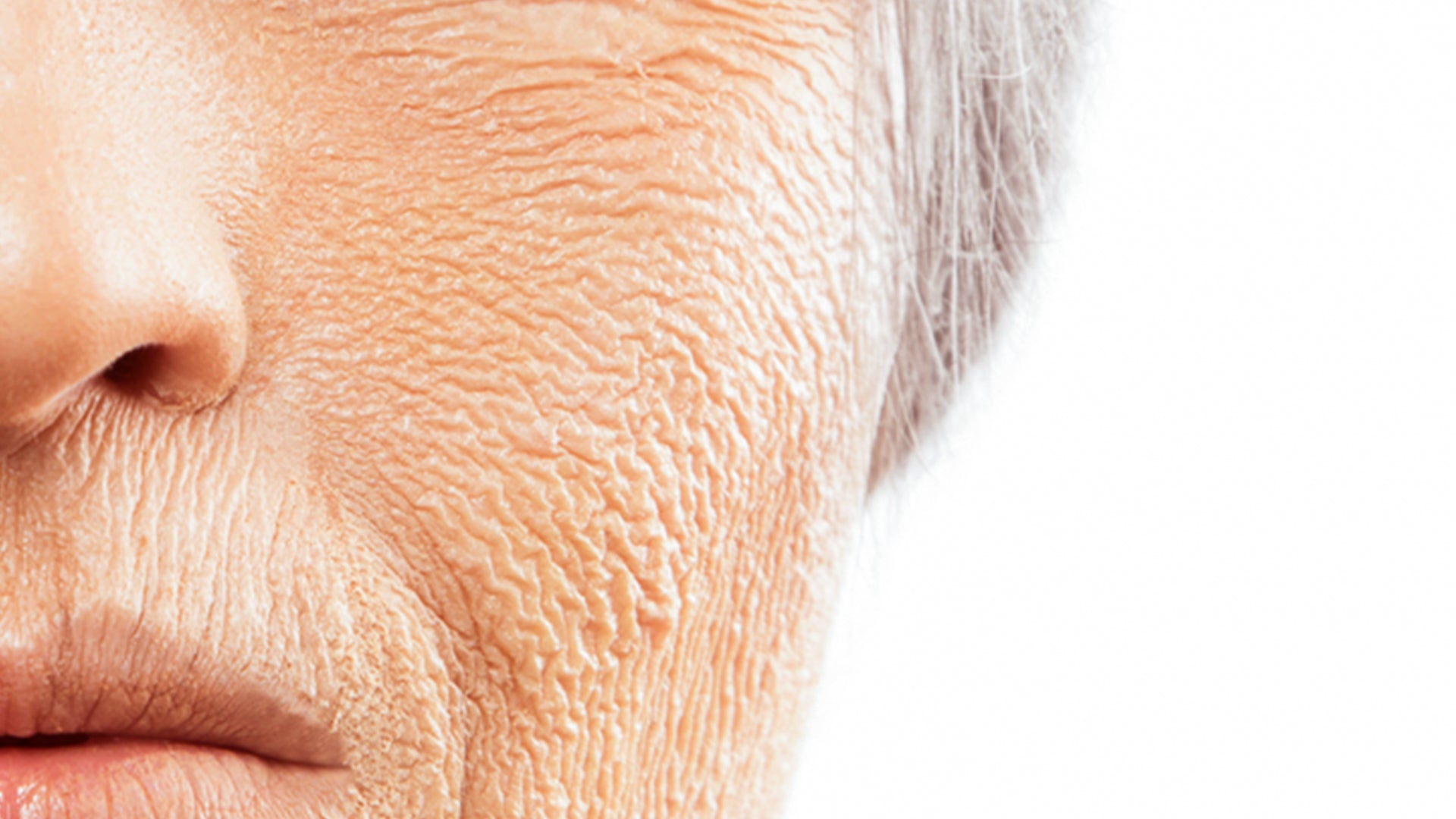Anti Ageing research began in the 1970s with studies of how ultraviolet rays can damage skin1.
Different groups and individual researchers have described anti-ageing in their unique way, giving anti-ageing a variety of different common meanings and connotations.
Some people believed, anti-ageing is a myth. They perceived ageing to be a natural process that cannot be prevented.
However, most of us try to take care of our skin in the pursuit to look young forever.
There’s No Magic Wand, But …
We often turn to cheaper alternatives, such as household items or the latest product on television, in an attempt to mask our imperfections
Many anti-ageing and anti-wrinkle products in the market claim to get rid of wrinkles overnight. However, these claims are simply too good to be true!
Here are just a few ingredients that have been clinically proven to have anti-ageing effects.
Best Anti-Ageing Skin Care Ingredients
Retinol and Vitamin C for Wrinkles
Skin cells divide more slowly with age and the inner layer of the skin begins to thin, forming creases, folds, or lines on the skin. First, vitamin c works on the dark spots, fine lines and wrinkles, then retinol comes to help improve skin elasticity.
Retinol and retinoids are widely regarded as the gold standard for improving the appearance of wrinkles, particularly for those of us who start using them in our 30s.
Peptides and Ceramide for Sagging Skin
When applied topically, peptides act as little messengers, directing skin cells to perform several functions on the skin, from collagen and elastin production to inflammation reduction and hydration maintenance. Thus plumping up the saggy skin.
Fat loss that comes with ageing is one of the main reasons for the saggy skin on the face and body. Ceramides are, simply put, lipids (fats) that are naturally present at optimum levels in young, healthy skin. They differ from peptides because they teach skin how to restore and renew itself.
Hydroquinone, vitamin c and kojic acid for Age spots or Lentigines
If you’re over 50, you may have more of these bumps on your skin.
But if you spend a lot of time outside and get lots of sun exposure, you may develop them at a younger age.
They appear as small, flat, darkened patches on the skin with a light brown to black colour.
Hydroquinone decreases the formation of melanin, the pigment that gives skin a brown colour forming these spots. Vitamin C and kojic acid are the skin brightening agents you might find in a variety of products to treat hyperpigmentation(excess pigment on skin) attacks these spots and reduce the colour.
AHA’s ( Alpha hydroxy acid)) for dull and Uneven Skin Tone
AHAs are used to treat uneven skin tone as they exfoliate the outer layers of the skin and reduce pigmentation. Glycolic and lactic acids are the most promising and well-researched to brighten the patches of dull and lifeless looking skin from ageing or UV damage.
Retinoids
Retinoids are superstar molecules that fight ageing. Granactive retinoid, a synthetic derivative of vitamin A can enhance gene expression, Stimulating cell proliferation and cell turnover. It helps in restoring thickness to skin that has become thinner over time due to ageing. this novel retinoid was found to have 10 times better oxidative stability than retinol.2
However, there are four published case reports of birth defects associated with topical tretinoin use in the literature, limiting the use of retinoids during pregnancy.
Final words
There are few things in life as important and exciting as skincare.
After all, your face is often the first thing people see of you; it is the first point of contact between yourself and the outside world, and how you present yourself to others often tells them a great deal about who you are as a person.
More than just an expression of individuality and fashion sense, a good skincare routine will do more than just make you feel better about yourself – it can also help you avoid serious health issues like premature ageing or skin cancer.
That said, creating a perfect skincare regimen requires keeping several different factors in mind – factors that range from your lifestyle and dietary habits to your specific skin type. After all, different people have different needs, especially when it comes to skincare.
Sources
1.https://www.sciencedirect.com/topics/chemistry/antiaging
2.https://www.ncbi.nlm.nih.gov/pmc/articles/PMC2699641/
3.https://link.springer.com/article/10.1007/s13555-017-0185-2




